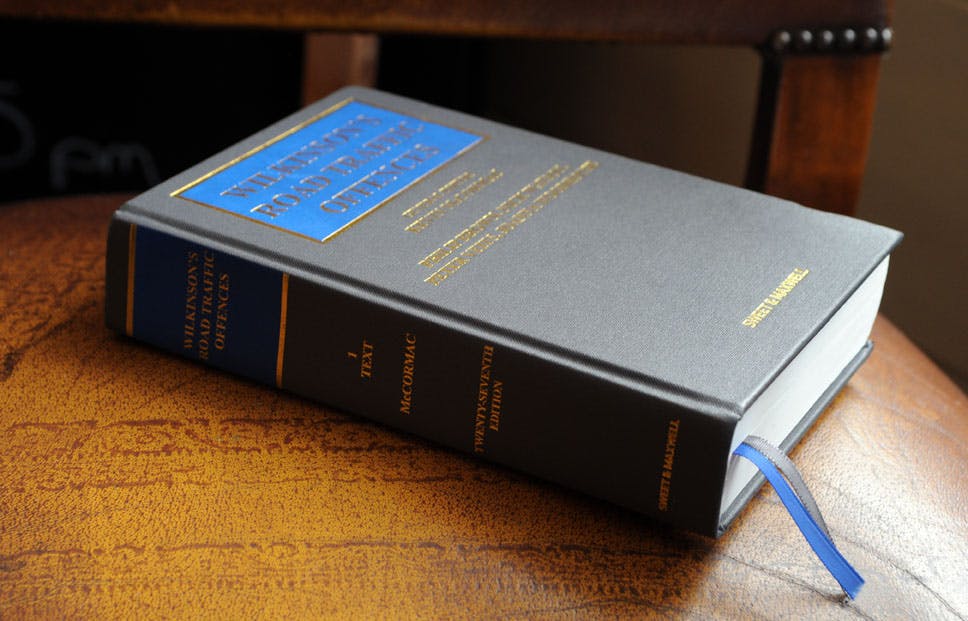"The law is a Ass - A Idiot"
So said Mr Bumble in Charles Dickens’ ‘Oliver Twist’. If we look at a quirk of operator licensing, we can see what he meant.
By guest blogger Chris Butterfield
Bus expert Chris was and still is a bus driver who became a transport solicitor and lecturer before his retirement

One of the exemptions from operator licensing is for a recovery vehicle
Even the government website purporting to give guidance to those running a recovery business says
‘there’s been a great deal of uncertainty about the legal requirements in relation to operating recovery
vehicles’. So it’s not surprising that operators can find the law confusing. And sometimes the law itself
does nothing to help.
Take the exemption from operator licensing. One of the many exemptions from such licensing is for a
recovery vehicle. At its first reading the law is simple. The Goods Vehicles (Licensing of Operators)
Regulations 1995 quite simply exempt ‘a recovery vehicle’. But while every reader can imagine what one
looks like, the law requires us to look more closely for a definition. Sure enough, this is to be found in those
Regulations: ‘recovery vehicle’ has the same meaning as in Part V of Schedule 1 to the Vehicle Excise and
Registration Act 1994.
So off we go to the 1994 Act and find that ‘recovery vehicle’ means a vehicle which is constructed or
permanently adapted primarily for any one or more of the purposes of lifting, towing and transporting a
disabled vehicle. Well, that seems straightforward enough. But we have to read the next paragraph, where
there are limitations: A vehicle is not a recovery vehicle if at any time it is used for a purpose other
than -
(a) the recovery of a disabled vehicle,
(b) the removal of a disabled vehicle from the place where it became disabled to premises at
which it is to be repaired or scrapped,
(c) the removal of a disabled vehicle from premises to which it was taken for repair to other
premises at which it is to be repaired or scrapped.
That seems fair enough. Without those restrictions, a general haulier could buy a flat bed recovery truck
and use it for carrying any sort of load without an operator’s licence. More significantly, without those
restrictions car delivery companies would be exempt from operator licensing.
But that is not the end of the story. What is a disabled vehicle? Well, we find definitions right at the end of
the 1994 Act, but if you go there you will find: ‘“vehicle” shall be construed in accordance with section
1(1B)’. So back we go to Section 1 at the beginning of the Act, where we find ‘“vehicle” means
a mechanically propelled vehicle’.
The result is bizarre, and a potential trap for the recovery operator. If he has a call to retrieve a
damaged caravan he must ask whether it is a trailer caravan or a motor caravan. The motor
caravan is mechanically propelled, so no operator’s licence is needed for the recovery trip. But in
the case of a trailer caravan such a licence is required and the operator could be prosecuted if the
vehicle he used was not specified on an operator’s licence.
We can imagine Mr Bumble saying ‘There – I told you so!’